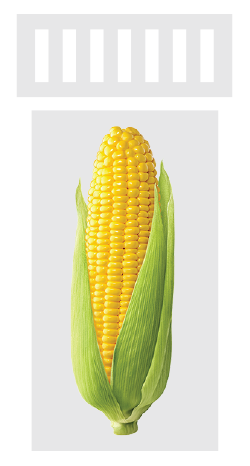Allergies to Ingredients in Medication Products
2021-03-16
-

Consumers sometimes have allergies to certain medications. In some cases, the allergy may not be related to the medicinal ingredient in the medication product. Instead, it may involve one of the other ingredients in the product, such as a preservative or a dye. These are called "nonmedicinal ingredients".
SafeMedicationUse.ca received several reports describing preventable allergic reactions to nonmedicinal ingredients. In one example, a consumer took the antibiotic amoxicillin and experienced an allergic reaction to a corn-based ingredient. The consumer's allergy was noted in the pharmacy's computer system. However, most pharmacy systems are not set up to flag problems with all nonmedicinal ingredients.
SafeMedicationUse.ca has the following suggestions for consumers to reduce the risk of allergic reactions to nonmedicinal ingredients in medication products:
-
Talk to your pharmacist about all your allergies, including food and environmental allergies.
-
Learn the names of the nonmedicinal ingredients to which you are allergic. Some ingredients may have more than one name or may be part of common ingredients used in making medications. Here are 3 examples:
-
Arachis oil is another name for peanut oil.
-
Yellow dye tartrazine is also called FD&C Yellow 5.
-
Corn-based ingredients are often used as sweeteners and fillers in medications.
-
Ask your pharmacist for information about the current nonmedicinal ingredients found in your medications. The manufacturer may need to be contacted as these ingredients can change over time.
For additional tips about allergies to medications or the nonmedicinal ingredients found in some medication products, read our previous alert.
Medication safety bulletins contribute to Global Patient Safety Alerts
This newsletter was developed in collaboration with Best Medicines Coalition and Patients for Patient Safety Canada.
Recommendations are shared with healthcare providers, through the ISMP Canada Safety Bulletin, so that changes can be made together.
|

